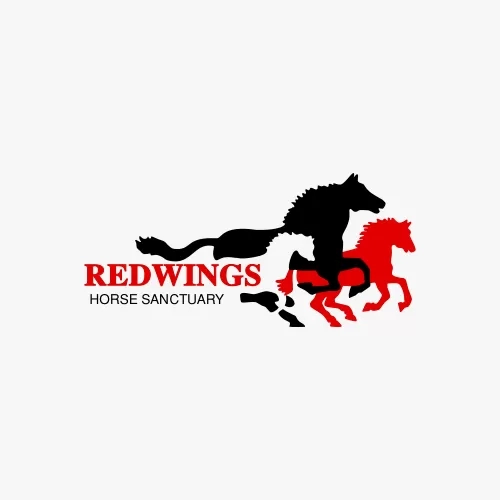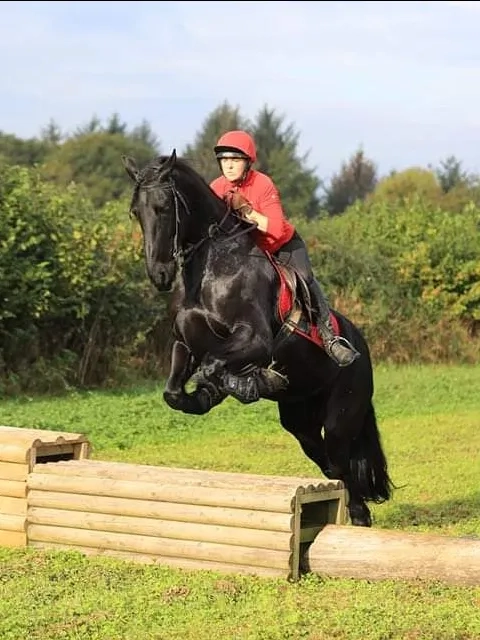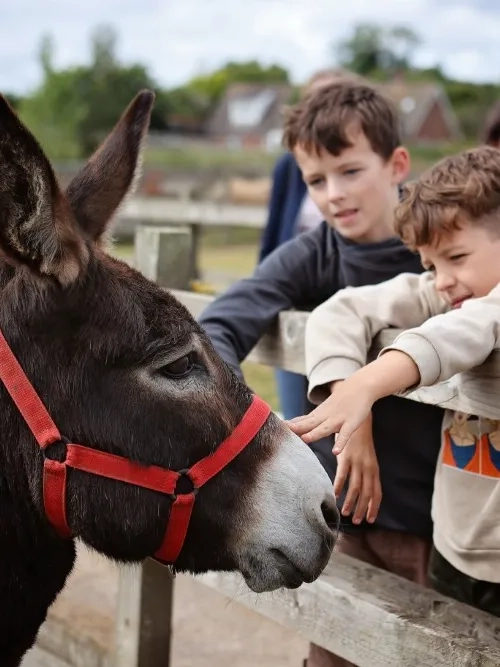18 October 2018

We can all experience digestive discomfort from time to time, but there is a lot more scope for things to go seriously wrong in horses’ digestive systems.
Every year, around 10% of horses suffer from colic. Knowing how to reduce colic risk, and when to take action, are vital for any horse owner.
Redwings’ vet and experienced colic surgeon Nicky Jarvis gives us a fascinating guided tour of a horse’s digestive tract in this short film. Nicky demonstrates some of the causes of serious colic, and shows us just what an epic journey it is from one end of the horse to the other!
Nicky uses a scale model to show us why horses are so prone to colic.
As Nicky explains, colic isn’t an illness, but a term to describe signs of pain within the horse’s belly. There are a lot of conditions that can cause colic, meaning we need to diagnose the source of the problem quickly so the horse can get the right treatment.
Know the signs
Colic can and often does happen without any warning. All horses should be checked carefully at least twice a day. Symptoms of colic can vary, but look out for a horse that may be
Like people, some horses tolerate pain better than others. Milder signs don’t necessarily mean the underlying problem is less serious (see Dhansak’s story below). Donkeys in particular are very good at masking pain and may just seem a little off-colour when they in fact have a very serious internal problem.
Treatment
Colic should always be treated as an emergency. Only a vet will be able to determine whether a horse has spasmodic colic, a twisted gut, an impaction or something else. Vets will always prioritise cases of colic because if surgery is needed, it is needed fast. The National Equine Health Survey shows that around one in seven colic cases require surgical intervention.
Colic can also be excruciatingly painful for the horse and pain relief is vital. A horse with colic can be a danger to themselves and anyone around them. It was traditionally thought that a horse with colic should be walked to prevent them lying down or rolling in case this caused or worsened a twist in the intestines. This is now known not to be the case. At Redwings we ensure a horse with signs of colic is kept somewhere safe so they can lie down or roll if they want to while waiting for the vet.
Treatment for colic may be expensive. Many cases can be treated with medication and pain relief, but colic surgery and aftercare will cost several thousand pounds. Having a suitable insurance policy is the best way to ensure that a horse can receive the treatment they need, without options being restricted due to lack of funds.
Colic surgery is a major intervention that carries a high-level of risk and prolonged after-care. There are ethical considerations when deciding what is fair to ask of a horse that is elderly or has other long-term health problems when the chance of a full recovery is small. Making difficult decisions quickly can be incredibly hard, but your vet will help. The most important thing is to reduce suffering for the horse.
Find out more about what’s involved during and after colic surgery by watching this short film of Dhansak, who was rushed into Redwings’ veterinary hospital in 2017.
Reducing the risk
Horses are prone to colic partly because their intestines are not attached firmly to the wall of the body cavity. Human intestines are much more secure, making a twisted gut a rare condition for us.
But although colic can happen to any horse, there are many risk factors that we can control:

When Pinocchio was first rescued, he developed colic which was likely to have been triggered by the stress of relentless itchiness caused by a huge lice infestation. Our vets treated the colic as an emergency, but eliminating the lice was also key to help prevent Pinocchio’s colic reoccurring.
For more detailed information about colic and what you can do to be prepared, check out the University of Nottingham and The BHS’s REACT to colic campaign, by clicking here.

Redwings Press Office
Find out more about Redwings Press Office



